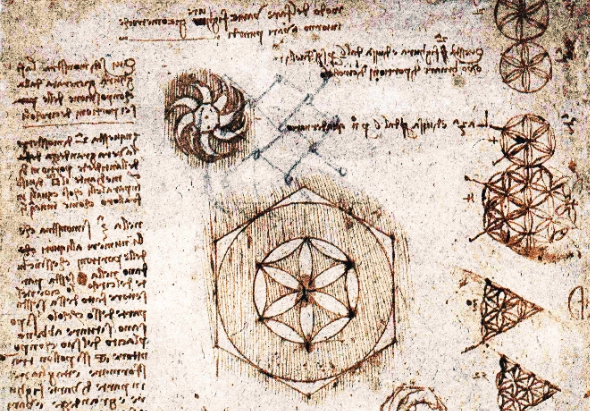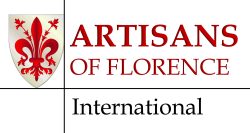
Is your New Year’s resolution to be more creative, a more effective problem-solver, more compassionate, healthier and happier?
If so, consider learning how to be a polymath like Leonardo da Vinci!
Leonardo knew that everything is connected to everything else. He learned from nature. His fascination with the anatomy of humans and animals, as well as the inanimate world, rocks and plants, led to discoveries that have influenced our modern ideas about life.
Leonardo’s greatest legacy is creativity: the ability to create new knowledge.
By connecting his studies in anatomy, nature, engineering, geology, and the arts Leonardo came to a deep and unique understanding of the universe and our place in it.
His extraordinary skill as an artist, his insatiable curiosity, boundless imagination, keen observation of nature, and ability to depict its nuanced beauty complemented his scientific methodology, and vice versa.
Underpinning both the art and the science were the Humanist ideals that Leonardo embodied.
Although not many of us can be geniuses, we all have the capacity to be creative, courageous, inquisitive, compassionate, and generate new ideas like Leonardo.
Our interactive touring exhibition, Da Vinci Machines and Robotics, is available from 2025.
This unique and extensive da Vinci exhibition, on loan from the Museum of Leonardo da Vinci (Florence – Italy), invites hands-on exploration of the mind of the genius, and features Leonardo’s most iconic inventions and significant discoveries.
Download our brochure and request a quote from the Artisans of Florence International webpage.
In the meantime, you can learn from Leonardo at your own pace with The Da Vinci Masterclass, offered as a 6 part online course delivered by preeminent Vincian scholar and art historian, Professor Martin Kemp of Oxford University.
Through this Masterclass, we will see how Leonardo can teach us to look at things in a new way – a way that has never been more urgent as we deal with the consequences of thinking we are masters of nature rather than an integral component of the natural world.”
Martin Kemp
